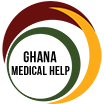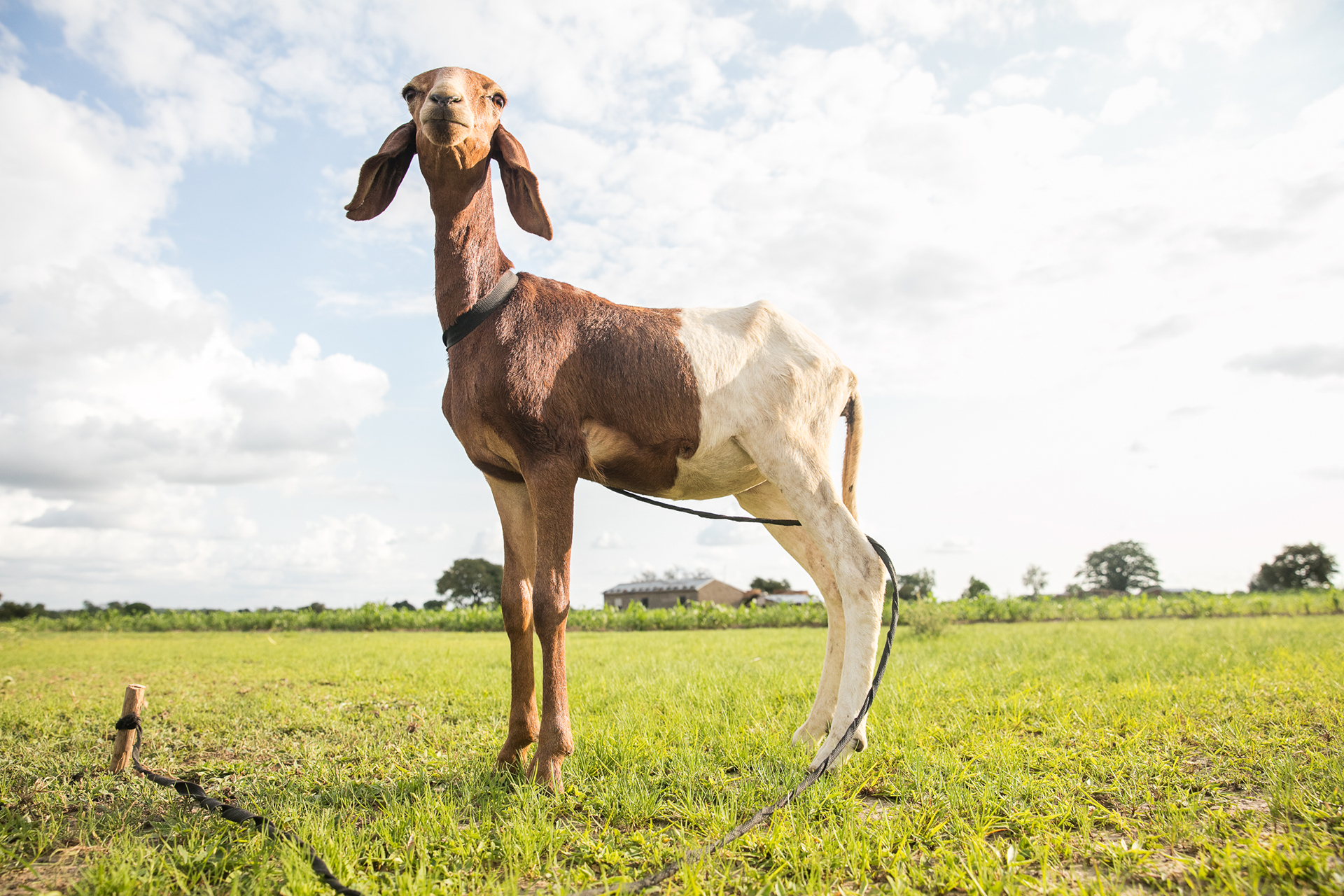S.H.E.E.P. was developed as a complement to the Hospital Support Project with an emphasis on preventive care rather than treatment. The program uses a livestock lending system combined with bimonthly public health workshops as a means to reduce poverty and promote better health education and practices.
Participant families receive a pregnant sheep of high market value and breed the sheep to produce offspring for sale. Fourth generation offspring are returned to GMH for allocation to new beneficiary families, allowing the program to grow in a self-sustaining manner. Providing a stable source of income for these families enables them to meet their basic needs (food, water, shelter) and increases their capacity to prioritize healthy living.
The bimonthly workshops are open to all community members but are designed specifically to empower the women of the community and provide education on communicable and non-communicable diseases, hygiene, family planning and more. The average attendance at these workshops is currently around 200 participants.



